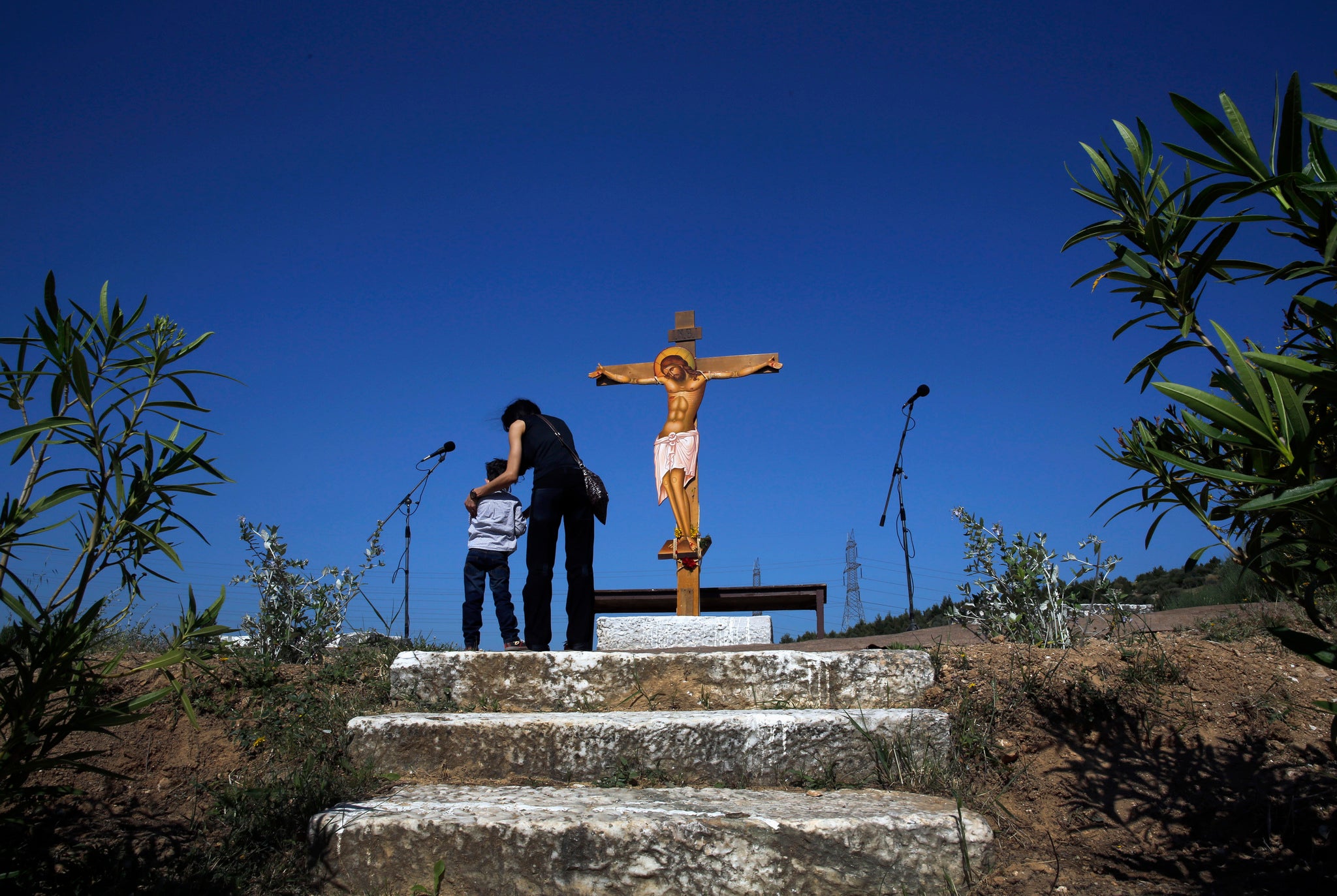Why is Easter so late this year? Explaining how we date Easter Sunday
Dating Easter is confusing, it's based on out-dated calendars, ancient ties with Judaism and a big meeting of bishops in the 4th century: better strap in.

This year Easter Sunday will fall on the 20th of April, but the Christian holiday can come anywhere between the 22nd of March and the 25th of April - why is it so changeable?
The answer is all to do with the close historical and theological ties between Christianity and Judaism. It’s worth remembering also that Jesus and all of his apostles were Jewish, and that it was not until the First Council of Nicaea in 325 AD that a doctrine that we now recognize as definitively ‘Christian’ was established.
It was also during this meeting in the third century that the Church fathers settled the date of Easter, the festival that celebrates the resurrection of Christ after his crucifixion. They decreed that it should fall on the first Sunday after the Paschal Full Moon, an ecumenical full moon (aka, not always based on astronomy) that is the first after the March equinox (usually 20 March, but according to the Church it's 21 March).
This decision was made to ensure sure that Easter would always be celebrated after the Jewish festival of Passover, because although biblical calendars are never the most rigorous, it's clear that the death, birth and resurrection of Jesus all happened after this feast.
Passover is a Jewish festival celebrating the freeing of the Israelites from Egyptian slavery and it’s often thought that the Last Supper– the final meal Jesus took with the apostles – was a Passover Seder.
At this point things get a little trickier. Because the early Christian fathers did not want to explicitly tie the date of a Christian festival to a Jewish one, they used complex formula to calculate the dates of future Easters by deciding in advance when the Paschal Full Moon would be.
Unfortunately, this meant that the Paschal Full Moon does not always correspond with the astronomical full moon (presumably due to mistakes in the calculations) and the two dates can vary by as much as two days.
Although this sounds like an awful mess, in practice this means that Easter usually does fall on the first Sunday after the astronomical full moon and always after Passover. The Church just took the long way round in terms of justifying their dates.
However, we're not done yet with all this confusion as the date of Easter varies even within Christianity – with the Orthodox Church (the section of the Church based primarily in Eastern Europe) making their calculations of Easter using the Julian rather than the Gregorian calendar.
Explaining the differences between the two calendars would be an article in itself but to keep it short - the Julian Calendar is less accurate than the Georgian. The Julian date of 21 March (the date of the March equinox - by which the date of the Paschal Full Moon is calculated) corresponds with 3 April in the Gregorian calendar, and therefore Orthodox celebrations of Easter can fall anywhere between 4 April and 8 May.
Thankfully this year there's no variation - both Easters will be celebrated on 20 April.
Join our commenting forum
Join thought-provoking conversations, follow other Independent readers and see their replies
Comments
Bookmark popover
Removed from bookmarks